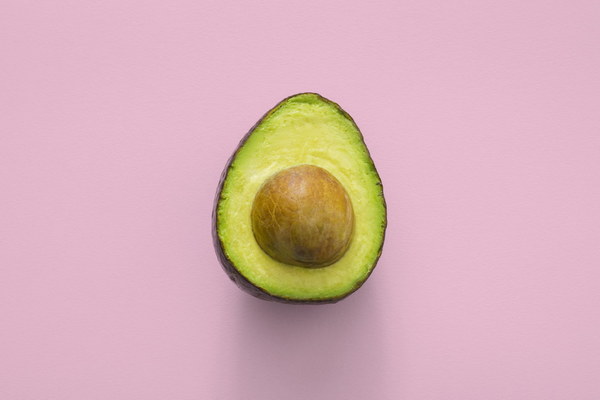Does Ginger Egg Water Help Eliminate Dampness A Traditional Remedy Explained
Ginger egg water, a traditional Chinese folk remedy, has been widely used for thousands of years. It is believed to have numerous health benefits, including the elimination of dampness. But does ginger egg water really help in reducing dampness? Let's delve into the science behind this ancient remedy.
Dampness is a concept in traditional Chinese medicine (TCM), which refers to the accumulation of dampness in the body. It is believed to be caused by an imbalance of the body's yin and yang, leading to various symptoms such as fatigue, weight gain, joint pain, and digestive issues. According to TCM, ginger egg water can help in resolving dampness by warming the body and promoting the flow of qi (vital energy).
Ginger, known as shengjiang in Chinese, is a powerful herb with numerous health benefits. It has been used for centuries to treat various ailments, including colds, flu, and indigestion. In TCM, ginger is considered a warming herb that can help expel cold and dampness from the body. The active compounds in ginger, such as gingerol and shogaol, are believed to have anti-inflammatory and analgesic properties, which can alleviate symptoms associated with dampness.
Eggs, on the other hand, are considered a nourishing food in TCM. They are rich in protein, vitamins, and minerals, which can help replenish the body's energy. In the context of dampness, eggs are believed to help balance the body's yin and yang, as well as strengthen the spleen and kidney functions, which are crucial in the TCM treatment of dampness.
The ginger egg water recipe is quite simple. Here's how to make it:
Ingredients:
- 2-3 slices of fresh ginger
- 1 egg

- 2 cups of water
Instructions:
1. Boil the water and add the ginger slices to it. Let it simmer for about 10 minutes.
2. While the ginger is simmering, beat the egg in a bowl.
3. Once the ginger water has simmered for 10 minutes, remove it from the heat.
4. Slowly pour the hot ginger water into the beaten egg while stirring constantly. This will create a frothy mixture.
5. Let the mixture cool down to room temperature before consuming.
6. Drink the ginger egg water on an empty stomach in the morning or before bedtime.
Now, let's discuss the effectiveness of ginger egg water in eliminating dampness:
1. Scientific evidence: While there is limited scientific evidence to support the use of ginger egg water for dampness, some studies have shown that ginger has anti-inflammatory and analgesic properties. This may help alleviate symptoms associated with dampness, such as joint pain and fatigue.
2. Traditional use: Ginger egg water has been used for centuries in TCM, and many people have reported experiencing relief from dampness-related symptoms after consuming it. However, it is important to note that individual experiences may vary.
3. Possible side effects: While ginger egg water is generally considered safe for most people, it may not be suitable for everyone. People with certain health conditions, such as gallstones, stomach ulcers, or bleeding disorders, should consult a healthcare professional before trying this remedy.
In conclusion, ginger egg water is a traditional Chinese folk remedy that is believed to help eliminate dampness. While scientific evidence is limited, numerous individuals have reported experiencing relief from dampness-related symptoms after consuming it. However, it is important to consider individual health conditions and consult a healthcare professional before trying this remedy. As always, a balanced diet and a healthy lifestyle are essential for overall well-being.









